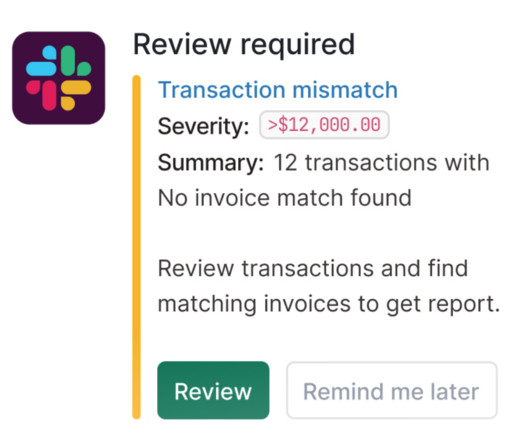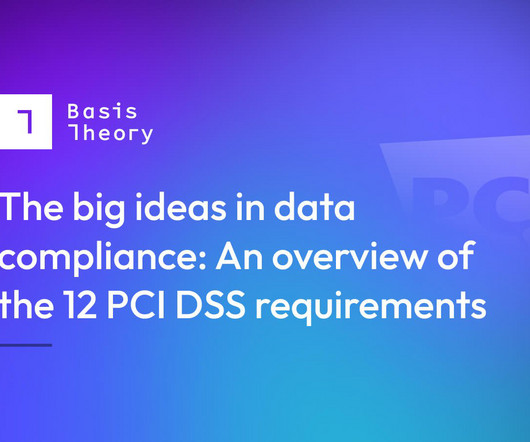What is Compliance Management?
FloQast
OCTOBER 27, 2023
Changing nature of business : Because of the changing nature of business and the business environment, compliance officers deal with more complex supply and distribution channels, increasing sophistication of fraud, and a complex labyrinth of laws and reporting requirements.















Let's personalize your content